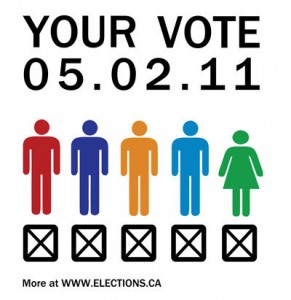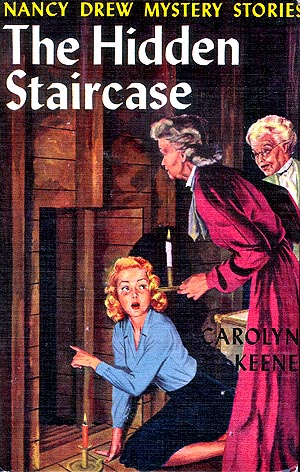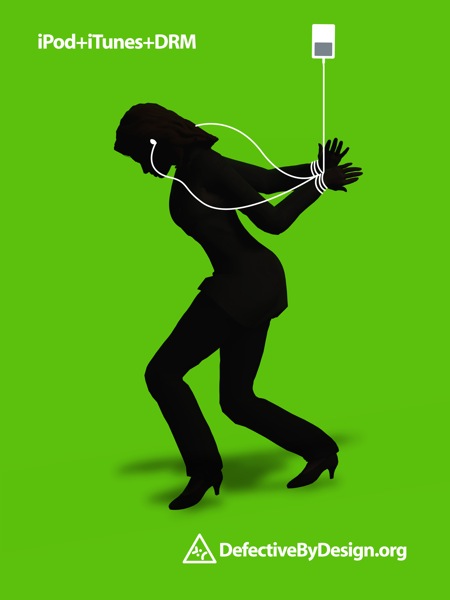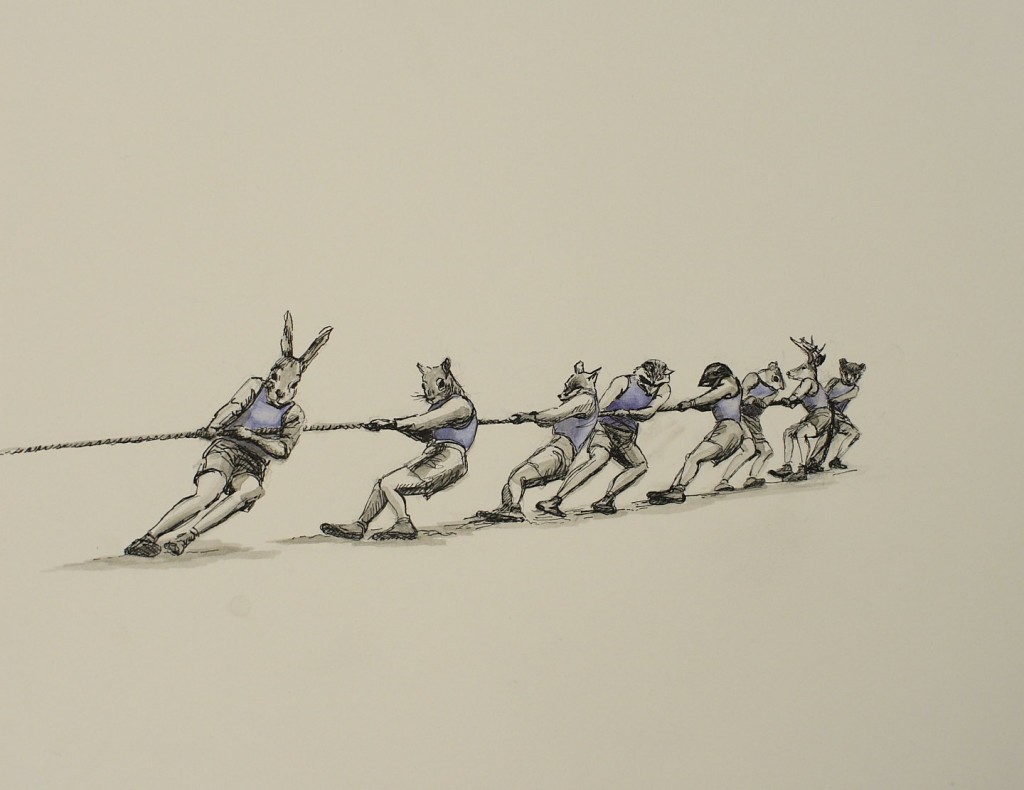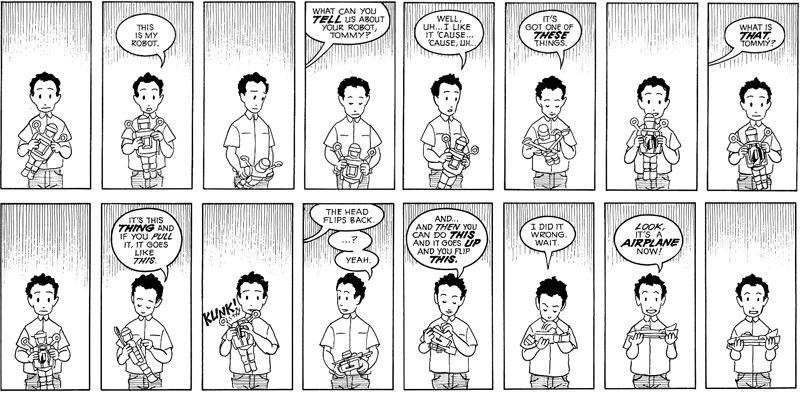The Canadian Library Association has announced the 2011 Amelia Frances Howard-Gibbon Illustrator’s Award Winner and Honour Books.
The winner is Roslyn Rutabaga and the Biggest Hole on Earth! (Groundwood Press), written and illustrated by Marie-Louise Gay. Honour books are Book of Big Brothers (Groundwood Press), illustrated by Luc Melanson and written by Cary Fagan, and Owls See Clearly at Night: a Michif alphabet (Simply Read Books), written and illustrated by Julie Flett.
Roslyn’s exuberant and adventurous spirit comes in handy when she decides to dig her way to the South Pole. In Roslyn Rutabaga and the Biggest Hole on Earth! Marie-Louise Gay uses expressive mixed-media illustrations that offer intriguing details, textures and perspectives. The reader is invited to share Roslyn excited determination and to spend time exploring each page. This is the third time that Gay has won the Amelia Award.
Honourable mention goes to Luc Melanson for Book of Big Brothers, a fun and affectionate story told from the point-of-view of the youngest of three brothers. With a touch of humour, nostalgia and joy, Melanson’s retro-style illustrations complement Fagan’s narrative perfectly and bring a fresh approach to the timeless story of growing up with siblings.
Honourable mention also goes to Julie Flett for Owls See Clearly at Night: a Michif alphabet This is a unique linguistic and visual treat. Flett’s striking illustrations are deceptively simple. The use of silhouettes with bright spots of colour, create compositions that are striking in their beauty and elegance. They convey a connection with the natural world and also a sense of loss and isolation. This book has a subtle, gripping power.[read the whole thing]
I’m on the committee (and helped write the press release). It was hard to exclude some books, but after long discussions and some secret ballots we came up with winners. All the illustrators and authors on the short and long lists were amazing, making this job both fun and hard.


